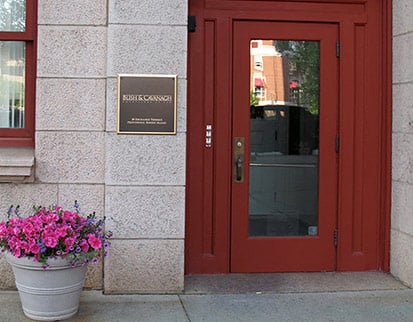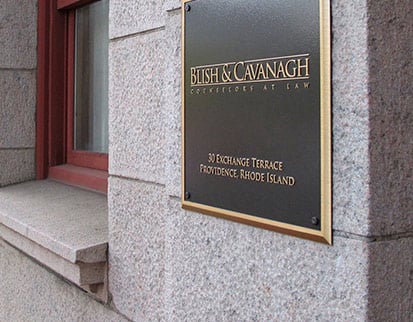Employers in Rhode Island must adhere to federal and state laws regarding how they treat employees. The terms in your employment contract and the compensation that you pay your workers are subject to government oversight.
Employees could bring expensive claims against the business if the company does not remain in constant compliance with federal and state employment rules. You could also be vulnerable to employee misconduct if your contracts are not enforceable in court.
Of course, the laws constantly change, which makes it that much more difficult for businesses to comply with them. You may have heard about changes to Rhode Island’s rules about non-compete agreements a few years ago. Has the state officially banned non-compete agreements?
Rhode Island limits the enforcement of non-compete agreements
State law does not prevent an employer from including a non-compete agreement in their employment contracts. However, it does now limit the circumstances in which the courts will enforce that agreement.
There are four categories of workers protected under the Rhode Island Noncompetition Agreement Act — low-wage earners, nonexempt workers, undergraduate or graduate students working while enrolled in school, and those under the age of 18. All four of these groups are not bound by a non-compete agreement, even if they signed one. The new law defines low wages as 250% of the federal poverty level or less.
Restrictive covenants protect your company
Workers who do not fall into those four categories are still subject to the enforcement of a non-compete agreement if they go to work for your competitors or try to start their own companies. You can also take alternative steps to protect yourself from misconduct by those not subject to an enforceable non-compete agreement.
If you have low earnings workers or student employees who have access to your trade secrets, you can still protect your company. Not-compete agreements are not the only restrictive covenants that you can include in your employment contract. Non-disclosure agreements and non-solicitation agreements can also limit what a current employee can do with information and connections they obtained while working for your business.
Reviewing your employment contracts to ensure they comply with the law and adequately protect your business is something best done every few years at a minimum.








